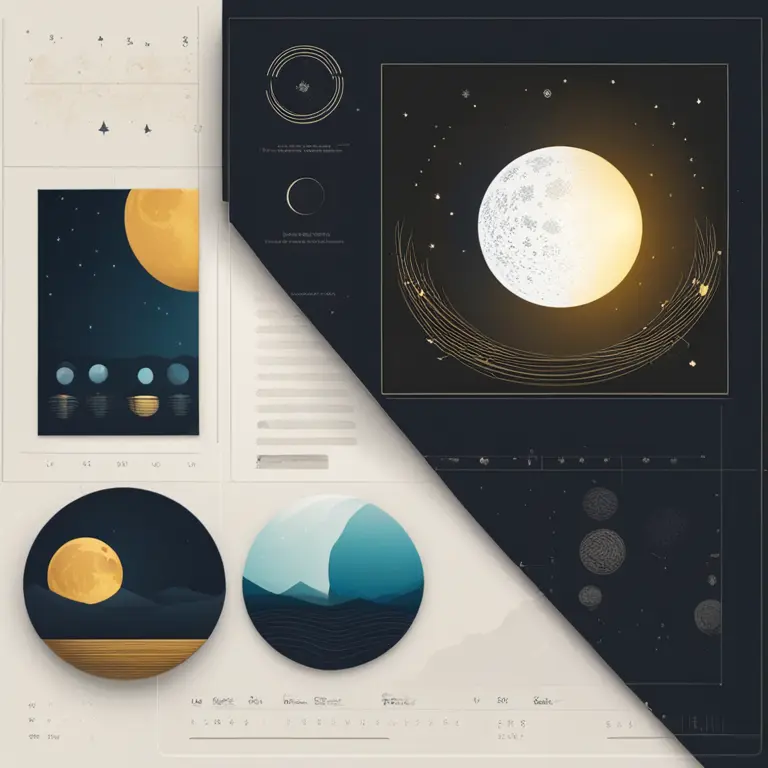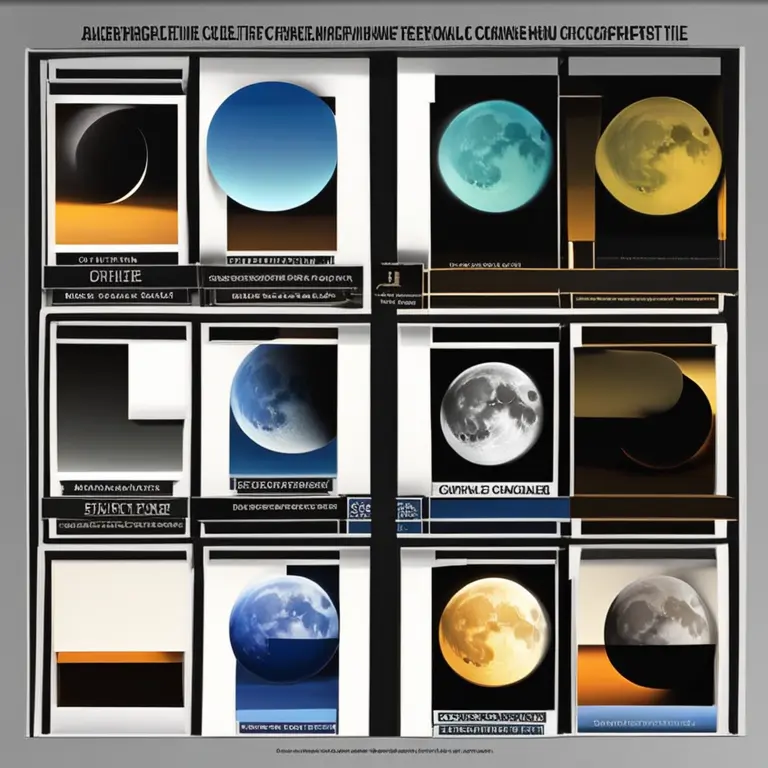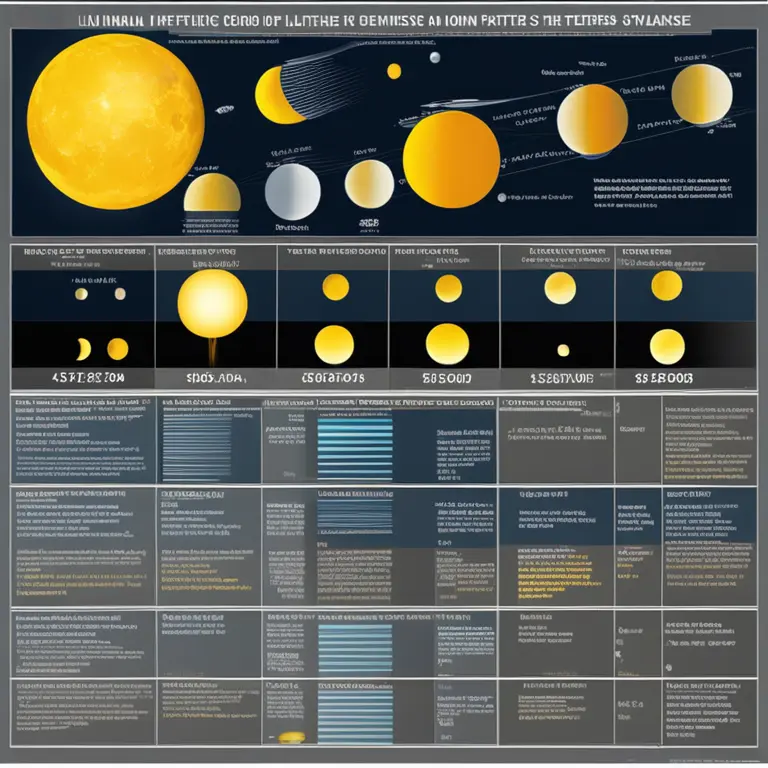
The Moon's Phase and Weather Patterns: Is There a Connection?
Explore the intriguing relationship between the moon's phases and weather. Delve into scientific insights on atmospheric conditions and lunar influence in this insightful article.
article by Priya Deshmukh
Lunar Lore and Atmospheric Influence
Much folklore and many traditions hint at a connection between the moon and the weather. "Moon on the wane, expect rain," one says, suggesting the waning moon brings wetter conditions. While mystical beliefs entwine the moon with the Earth's climate, science observes the moon's impact through a more measured lens. This article delves into whether there is a scientific basis to the age-old claim that lunar phases affect weather patterns.

Moon Phases and Their Definitions
To understand the potential links between the moon's phases and weather, one must first grasp what these phases entail. The moon undergoes eight distinct phases each month, from the new moon to the full moon and back, altering the night sky's brightness. Astrologers often read these phases for spiritual and emotional insights, and some suggest they can also herald changes in weather conditions.

Scientific Scrutiny of Lunar Influence
In the realm of meteorology, the moon's gravitational pull is known to affect ocean tides, but its effect on the weather is not as evident. Scientists have conducted numerous studies to probe any correlation between the lunar cycle and weather changes. While the moon does exert a tiny effect on the Earth's atmosphere, current scientific consensus indicates that this influence is negligible when it comes to day-to-day weather patterns.

Investigating Tidal Forces and the Atmosphere
The same gravitational forces that cause ocean tides also create atmospheric tides. While oceanic tides are more pronounced, atmospheric tides can subtly affect the weather by altering pressure and temperature. Some researchers argue that during certain lunar phases, particularly the new and full moons when tides are highest, these atmospheric variations could theoretically influence weather outcomes.

Lunar Rhythms and Seasonal Predictions
Astrological perspectives posit that the moon's cycles, when interpreted correctly, can offer forecasts about seasonal weather trends. As we approach 2024, some astrology enthusiasts speculate that the moon's phases could align with significant climatic shifts, although such claims lack rigorous scientific backing. Even so, the cultural conversation about lunar influences on weather persists.
The Verdict from Modern Meteorology
It is crucial to note that modern meteorology, which relies on complex models and real-time data, does not incorporate lunar phases into weather forecasting. Despite persistent myths, meteorologists affirm that the daily and weekly weather variations are more significantly driven by the Earth's complicated atmospheric systems, global wind patterns, and human-induced climate change than by the position of the moon.
Concluding Thoughts on Moon and Weather
In conclusion, while the moon's phases form a vital part of astrological and traditional lore relating to weather, the scientific evidence for a strong connection is limited. This does not diminish the cultural and spiritual value of lunar observations but rather situates them within a broader understanding of the many factors that influence our planet's weather systems.
Published: 1/19/2024
Modified: 1/19/2024
More predictions
Come back here soon to learn more about yourself and your future


The Significance of the Moon's Phases
Discover the significance of the moon's phases in astrology and how they influence our lives.


Optimal Moon Phases for Successful Deer Hunting
Discover the impact of lunar phases on deer activity and learn when to plan your hunting trips for the best chances at a successful harvest.


Your Moon Phase Match: Find Celestial Harmony
Discover which moon phase best aligns with your personality and how this celestial body influences your life journey.